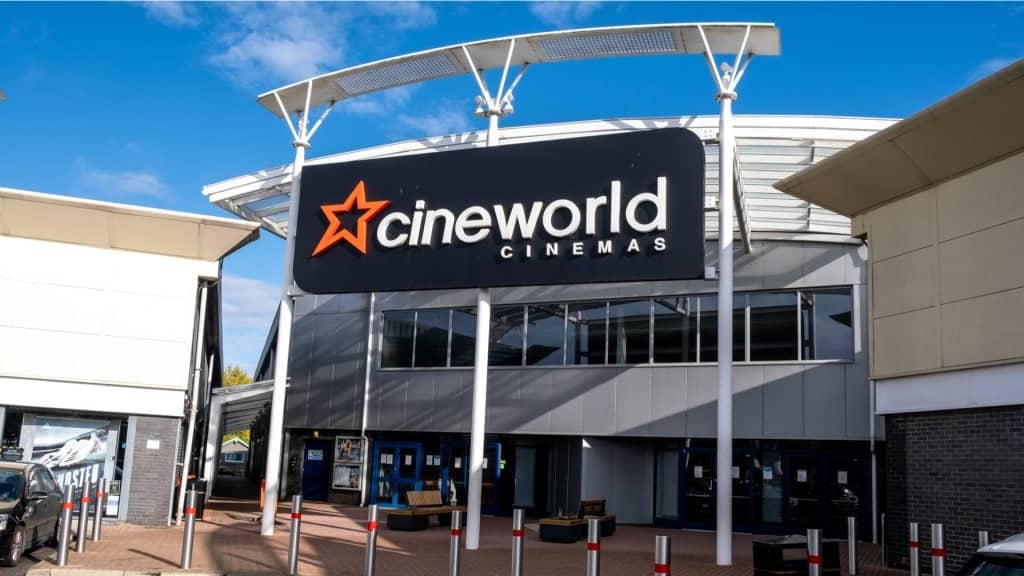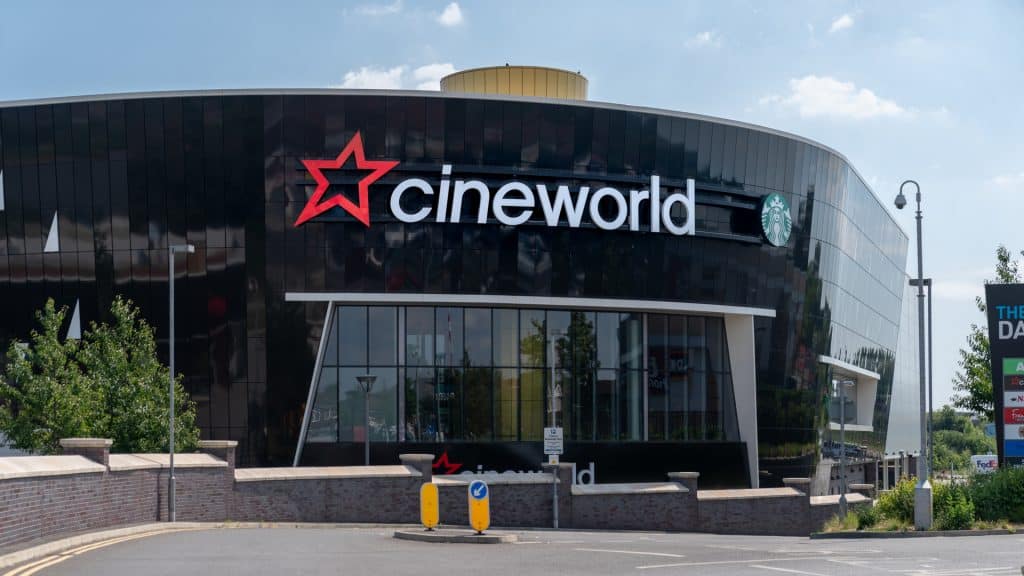- Summary:
- In one of the most remarkable collapses, Cineworld share price has virtually gone to zero. Surprisingly, the company is still operational.
The worst thing that can happen to a stockholder of a company is the bankruptcy. However, the story of the collapse of Cineworld plc is much more complex than that. The whole bankruptcy saga, which spanned around 10 months, has been a roller coaster ride for the creditors and the stockholders.
However, at the end of this ride, only one group got compensated, and the other one was completely wiped out. The outcome is even shocking considering the fact that Cineworld as a company has emerged out of bankruptcy, yet the LON: CINE holders don’t get anything.

Holders of the Cineworld shares can be divided into two categories. One was the investors who held the stock before the bankruptcy, and the others were the people who bought it after. Both types have different stories with different lessons.
If you are overly exposed to a particular stock of a company like Cineworld, then maybe it’s time to rethink. In case of bankruptcy, the holders of the common stock are hit the most as the creditors and preferred equity holders take the most of what’s left.
How To Avoid Cineworld-Like Scenario
You must have heard the phrase, ‘Never put your eggs in one basket’. This is a lesson that every stock investor must know before dabbling with these risky assets. Due to this reason, it is always advisable to spread your investment into different stocks that cover different sectors.
I also feel for the short-term traders who bought the stock of the troubled Cinema giant after its bankruptcy. These people saw the Cineworld share price crashing in front of their eyes, yet they chose to catch the falling knife. Their attempt to make a quick buck turned out to be the nastiest lesson in their whole investment careers.
There are many other companies that are close to bankruptcy, and their stocks are worth only a few pennies. While they may appear a bargain at first look, there is a reason behind those insignificant valuations. The best practice is to always consider the worst outcome before entering into any long-term or short-term trade.


